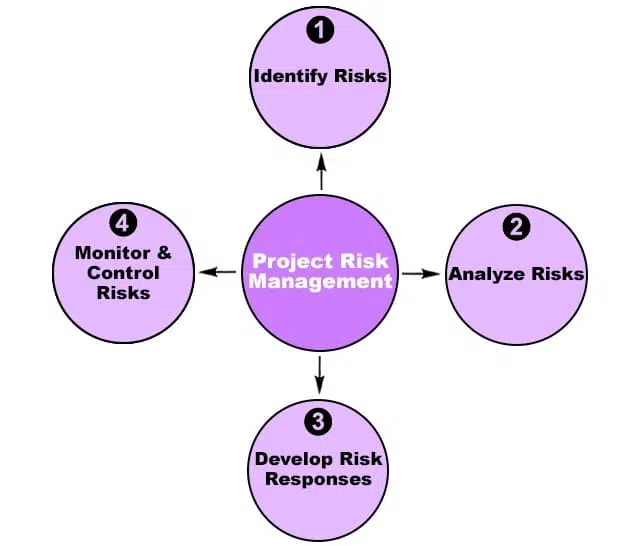The Significance of Recognizing the Significance of Risk Management in Numerous Industries

The Core Idea of Risk Management and Its Function
Risk Management, the foundation of numerous sectors, hinges on the identification, examination, and mitigation of uncertainties in a business setting. By appropriately identifying potential threats, organizations can establish approaches to either stop these threats from taking place or reduce their effect. When risks have actually been identified and examined, the mitigation procedure includes developing techniques to minimize their prospective effect.
Advantages of Implementing Risk Management in Company Workflow

Unveiling the Function of Risk Management in Different Industries
While every market faces its special set of threats, the implementation of Risk Management techniques continues to be a common measure in their pursuit of sustainability and growth. In the healthcare market, Risk Management requires making certain person security and information protection, while in financing, it involves mitigating financial investment risks and guaranteeing governing compliance (importance of risk management). Construction business concentrate on worker safety and security, job delays, and spending plan overruns. In the modern technology market, business minimize cybersecurity threats and innovation obsolescence. Eventually, the duty of Risk Management across markets is to identify, evaluate, and alleviate dangers. It is a vital element of calculated preparation, making it possible for organizations to secure their assets, make the most of opportunities, and achieve their objectives.
Real-life Study Demonstrating Successful Risk Management
To recognize the relevance of Risk Management in these lots of fields, one can want to numerous real-life circumstances that highlight the successful application of these measures. For example, in the energy market, British Oil created Risk mitigation plans post the 2010 Gulf of Mexico oil spill. They implemented better safety and security treatments and more stringent guidelines which dramatically lowered additional mishaps. In a similar way, in money, Goldman Sachs efficiently browsed the 2008 monetary dilemma by determining potential mortgage-backed safeties threats early. Lastly, Toyota, post the 2011 quake in Japan, changed its supply chain Management link to decrease interruption dangers. These situations show exactly how sectors, gaining from situations, efficiently used Risk Management methods to minimize future dangers.
Future Patterns and Advancements in Risk Management Approaches
Cybersecurity, when a peripheral problem, has actually catapulted to the leading edge of Risk Management, with methods concentrating on feedback, discovery, and avoidance. The combination of ESG (Environmental, Social, Administration) factors into Risk Management is an additional growing pattern, showing the raising recognition of the duty that ecological and social risks play in company sustainability. Hence, the future of Risk Management lies in the fusion of innovative innovation, ingenious strategies, and an alternative method.
Conclusion
Finally, recognizing the value of Risk Management across a range of industries is important for their longevity and prosperity. Customized methods can assist reduce prospective threats, protect assets, and foster stakeholder trust fund. In addition, positive decision-making aids in regulative compliance and optimizes resource usage. Ultimately, successful Risk Management adds to much more resistant and lasting businesses, highlighting the value of this use this link practice in today's very affordable and dynamic service atmosphere.
While every sector faces its one-of-a-kind collection of dangers, the application of Risk Management methods stays a common denominator in their quest of sustainability and development. In the health care sector, Risk Management involves making certain patient safety and security and data protection, while in money, it entails mitigating financial investment dangers and ensuring governing conformity. Eventually, the role of Risk Management throughout industries is to recognize, analyze, and minimize threats. These situations demonstrate exactly how industries, learning from crises, efficiently used Risk Management techniques to lower future threats.

Comments on “Understanding the Importance of Risk Management in Modern Business Practices”